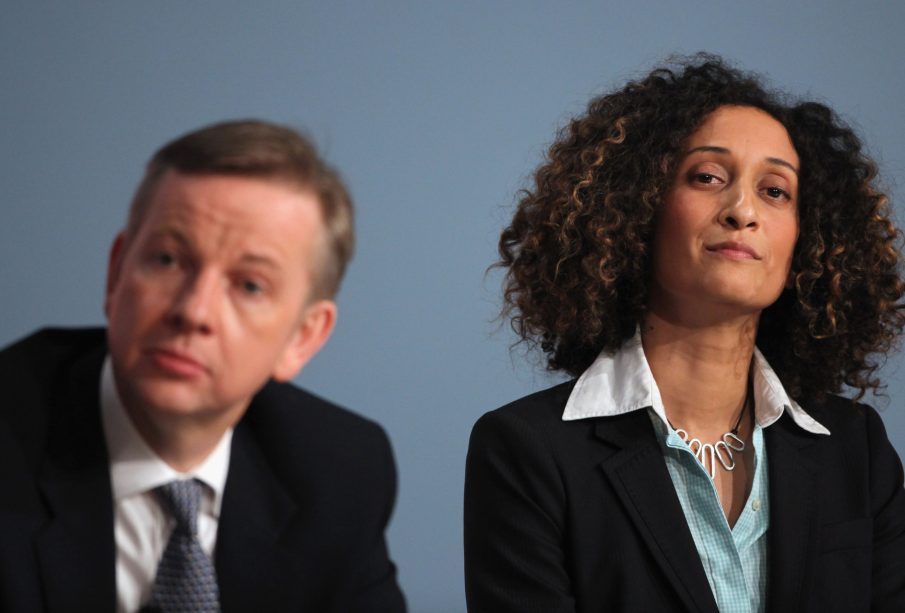Katharine Birbalsingh: A Visionary in Education Reform

Introduction: The Importance of Educational Reform
Katharine Birbalsingh, a prominent figure in the UK education sector, has been a leading advocate for reforming the British education system. As the headteacher of the Michaela Community School in London, she has gained national attention for her innovative approaches to teaching and her staunch views on discipline and academic rigor. With the current educational landscape facing numerous challenges, understanding Birbalsingh’s contributions is crucial for parents, educators, and policymakers.
Main Body: Birbalsingh’s Philosophy and Achievements
Katharine Birbalsingh first captured public interest in 2010 when she delivered a powerful speech at the Conservative Party conference, where she highlighted the issues of the educational system in the UK. Often regarded as a controversial figure, she advocates for stricter discipline in schools, high expectations for all students, and the importance of a traditional curriculum that includes subjects such as history, maths, and sciences.
Under her leadership, the Michaela Community School has adopted a unique ‘no excuses’ policy that focuses on personal accountability and resilience among students. This approach has not only raised academic standards but has also significantly improved behaviour, resulting in impressive exam outcomes. In recent results, over 90% of students achieved grade 4 or above in their GCSEs, a testament to the success of her methods.
Birbalsingh’s influence extends beyond her school; she is a regular speaker at educational conferences and has published several articles regarding her views on educational practice and policy. She firmly believes that every child, regardless of their background, deserves access to a high-quality education that equips them with the skills and knowledge necessary for success in life.
Conclusion: The Future of Education
As the UK education system continues to grapple with issues such as funding, social inequality, and the impact of the pandemic, Katharine Birbalsingh’s insights and methods will remain at the forefront of discussions about educational reform. Her vision for a more disciplined and academically rigorous environment may influence future teaching practices, inspiring further debate on how best to support all students in achieving excellence.
In conclusion, understanding the philosophies of educational leaders like Katharine Birbalsingh is essential for those invested in the future of education. With her growing prominence, it will be interesting to see how her initiatives might shape and inspire the next generation of educators and students alike.









